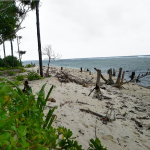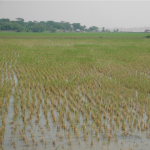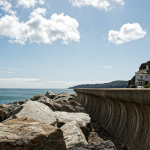Research in coast and climate change studies is undertaken across four key areas; climate change impact, coastal engineering, coastal management and coastal vulnerability.
Climate change impact work studies impacts at global and continental scales, undertaking risk and impact assessments. Our research encompasses a diverse whole system approach to understand the societal challenges in instigating change with outcomes supporting plans to reduce the number of people exposed to coastal flooding.
Work in coastal engineering estimates flood risk and standards of protection at global and local scales. Undertaking analysis to predict the consequences of flooding and identifying regions likely to be impacted by extreme water levels as a result of sea-level rise.
Coastal management research provides analysis on how coasts are managed today, and the implications of the competing interests that may exert, today and in the future. Identifying the need for a more collective approach in coastal management involving stakeholders at different levels of government, and the community in decision making.
Coastal vulnerability is assessed through analysis of coastal ones that are vulnerable to change such as through rising sea-levels or wider coastal change. The research includes analysis of natural heritage sites to determine how and why they are vulnerable and how vulnerability manifests itself, providing evidence on how reduce vulnerability.
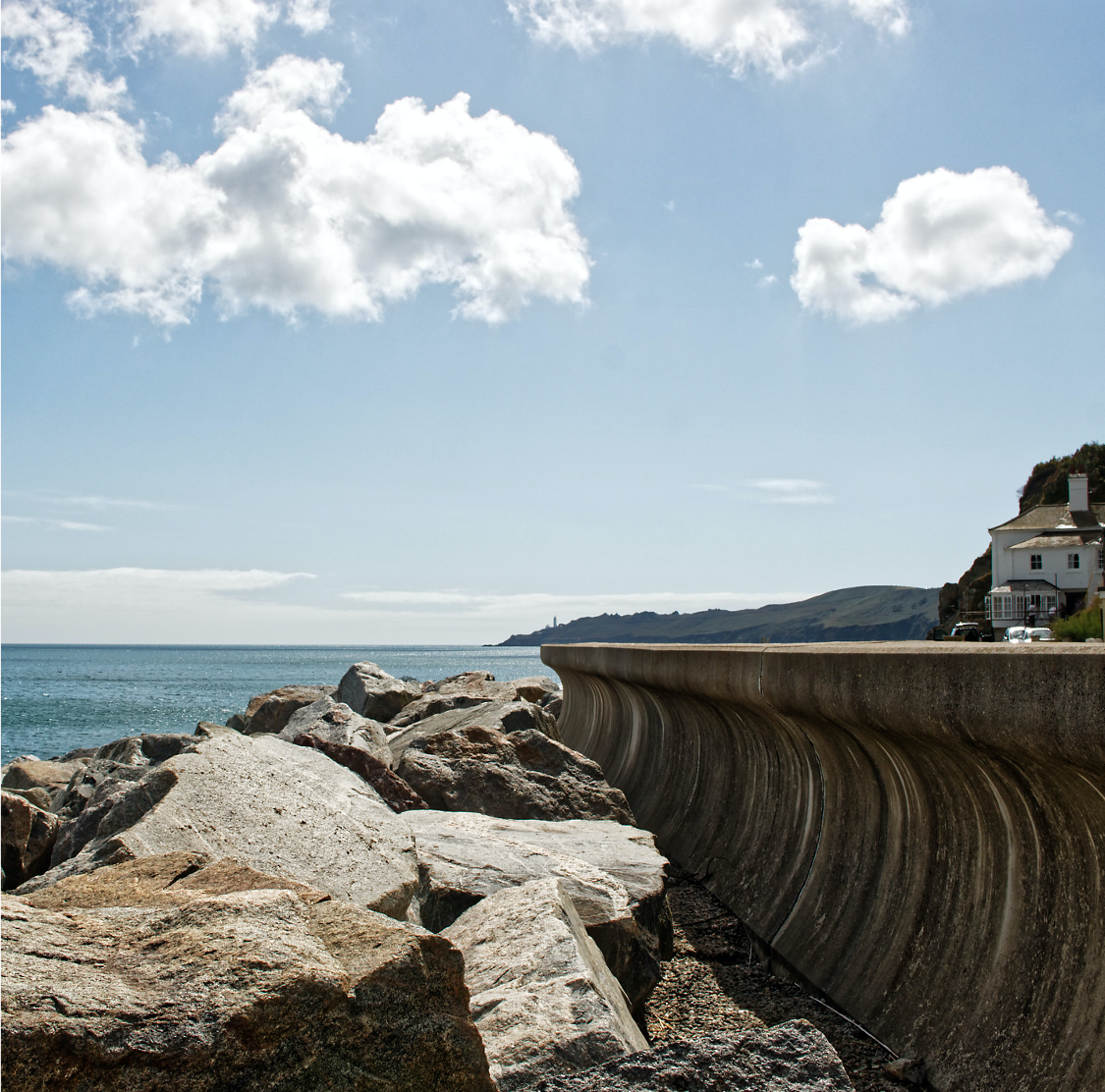
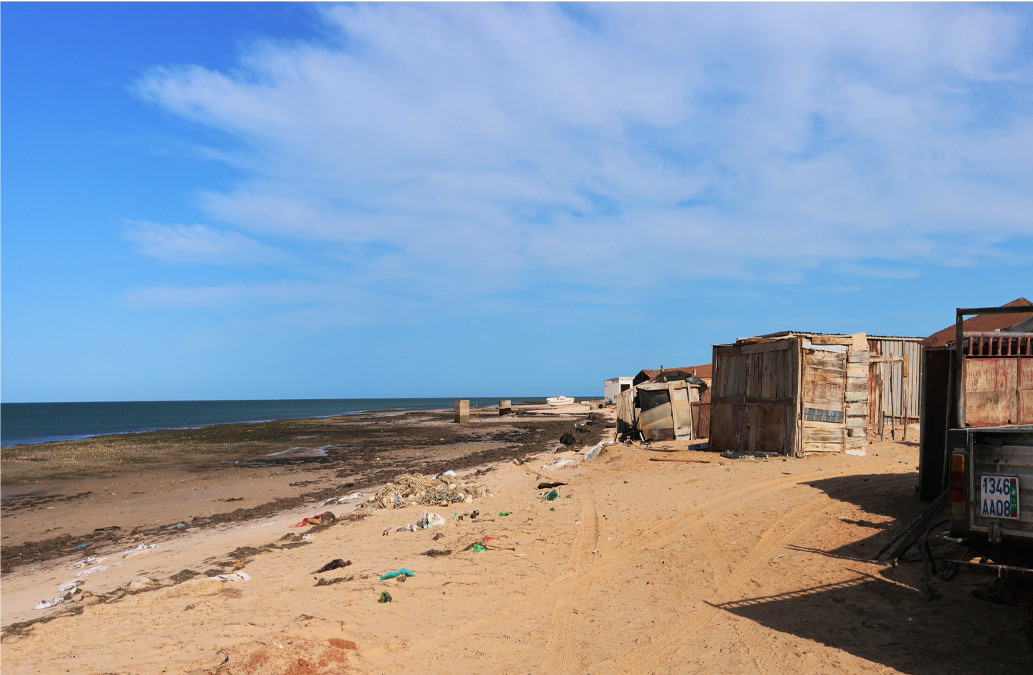
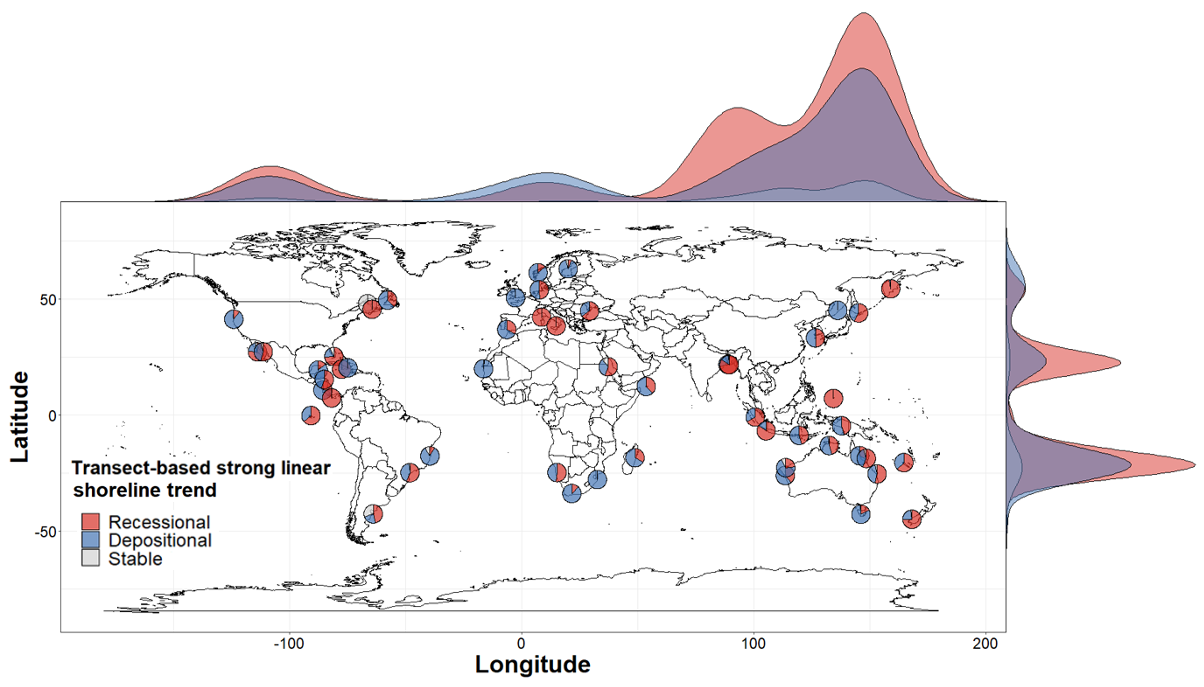
Updates:
Coastal vulnerability is assessed through analysis of coastal zones that are vulnerable to change, such as through rising sea-levels or wider coastal change. The research includes analysis of natural heritage sites to determine how and why they are vulnerable, and how vulnerability manifests itself. Providing evidence to governments and non-government organisations to understand how to ...
Sea-level rise could be in excess of 1m in 100 years, creating significant impacts on coastal zones. We have studied impacts at global and continental scales, and in specific environments, such as deltas or small islands.
Coastal zones are popular places to live, and have competing pressures on land for those living, working and holidaying by the coast. The research provides analysis on how coasts are managed today, and the implications of the competing interests that may exert, today and in the future.
Our work estimates flood risk and standards of protection at global and local scales. For instance, in the UK, coastal flooding is widely recognised as potential risk for civil emergency, with potential consequences including fatalities, damage to property and infrastructure, interruption of essential goods and services, and environmental damage including natural infrastructure.
Energy consumption and carbon dioxide emissions in the Solent Region 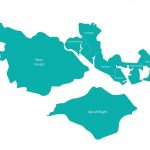
SERG researchers have produced a set of maps of domestic carbon emissions for the Solent region which are available to browse online, using Mango Map. The maps are based on data released by DECC and ONS with the maps updated periodically when new data becomes available.
Climate Change World Weather File Generator for World-Wide Weather Data – CCWorldWeatherGen 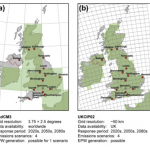
The climate change world weather file generator (CCWorldWeatherGen) allows you to generate climate change weather files for world-wide locations ready for use in building performance simulation programs. It uses Intergovernmental Panel on Climate Change (IPCC) Third Assessment Report model summary data of the HadCM3 A2 experiment ensemble which is available from the IPCC Data Distribution ...
CCWeatherGen: Climate Change Weather File Generator for the UK 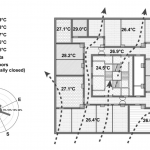
The climate change weather file generator (CCWeatherGen) enables you to generate climate change weather files for the UK ready for use in building performance simulation programs. It uses the 2002 climate change scenario predictions provided by the UK Climate Impacts Programme (UKCIP) (1). The tool is Microsoft® Excel based and transforms CIBSE / Met Office ...

